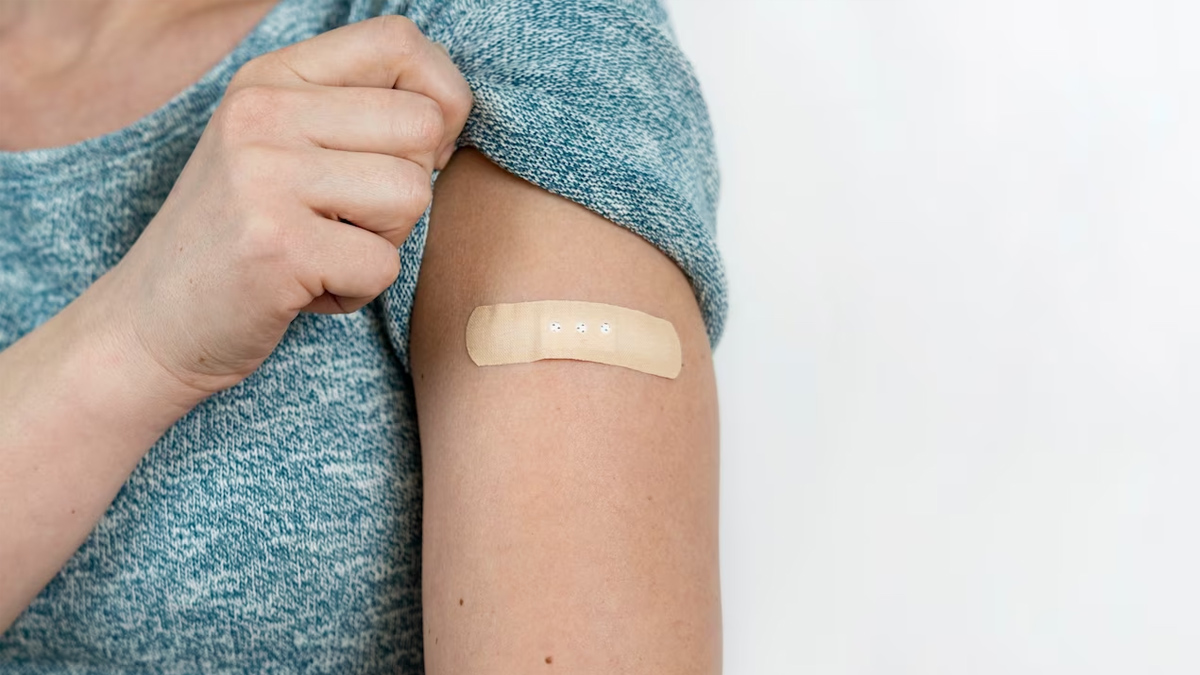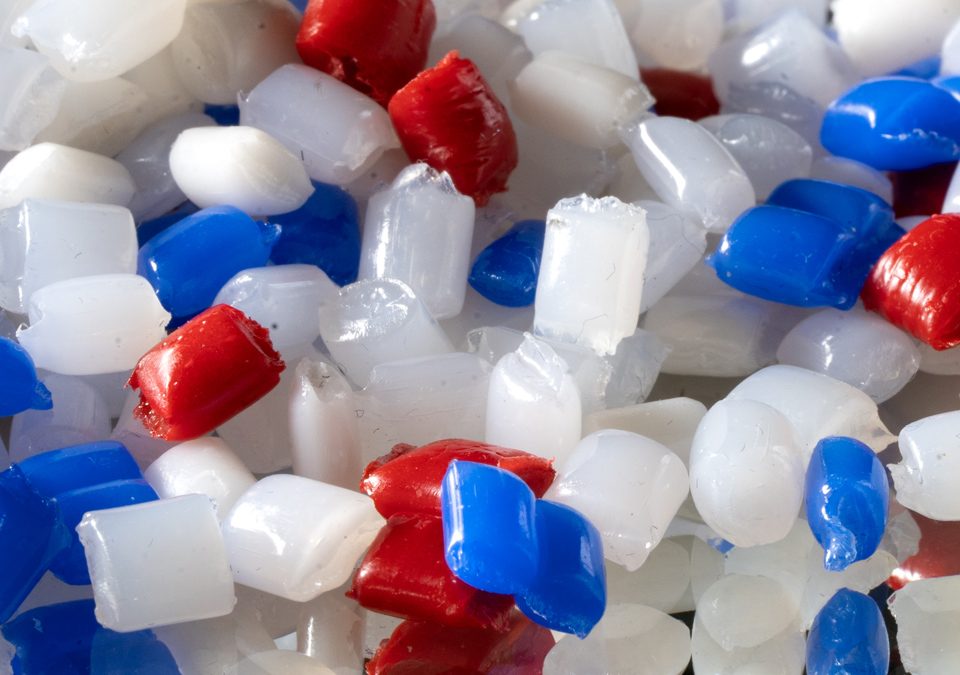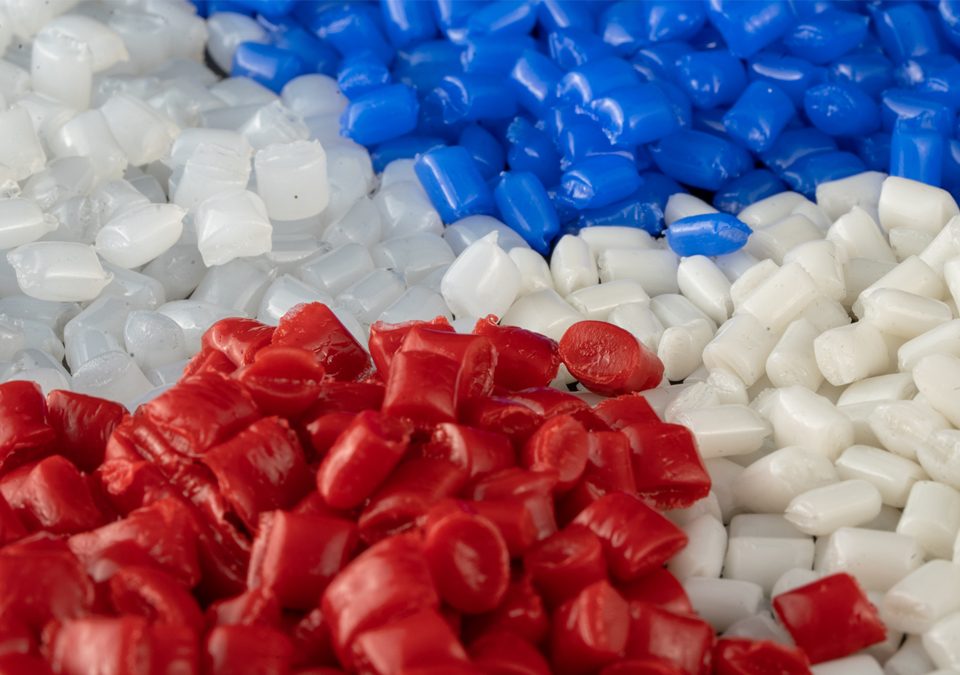
From Jewelry Making to Furniture Repair: DIY Projects with Glue and Resin
February 10, 2023
Eco-Friendly Glue and Resin: The Benefits of Choosing Sustainable Adhesives
February 17, 2023While glue and resin are commonly associated with construction and woodworking, they also have important applications in the medical industry. From surgical procedures to wound closure, these adhesives play a vital role in modern healthcare, offering a range of benefits over traditional sutures and staples.
One of the main benefits of using glue and resin in medical procedures is that they offer a faster and less invasive alternative to traditional closure methods. For example, tissue glue can be used to seal incisions and wounds, reducing the need for sutures and allowing for faster healing times. This can be particularly beneficial in emergency situations or in surgeries where time is of the essence.
Another advantage of glue and resin in the medical industry is that they can offer a more precise and consistent closure method. Unlike sutures, which require a skilled practitioner to perform, glue and resin can be applied with greater accuracy, reducing the risk of infection and other complications. They also offer a more uniform closure, reducing the risk of scarring and other cosmetic issues.
In recent years, there have been many advancements in the use of glue and resin in the medical industry. For example, medical-grade cyanoacrylate (super glue) is now used in a variety of surgical procedures, including in the repair of broken bones and in the sealing of blood vessels. Researchers are also exploring the use of 3D printing technology to create custom-fit adhesives that can be tailored to individual patients and medical needs.
In conclusion, glue and resin have become important tools in the medical industry, offering a range of benefits over traditional closure methods. From faster healing times to more precise closure, these adhesives have helped to transform modern healthcare. As technology continues to advance, it is likely that we will see even more innovative uses for these versatile materials.




